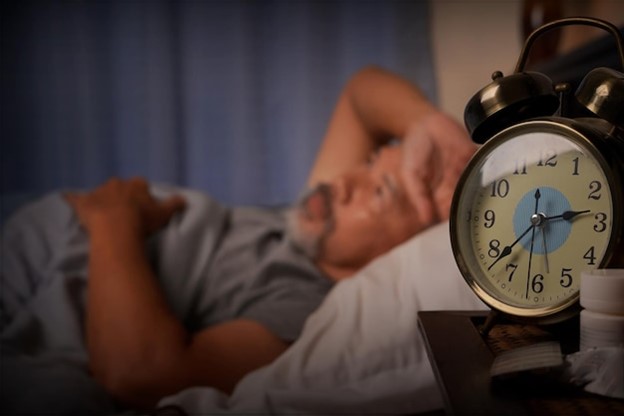Sleep disorders affect a significant portion of the population worldwide, and South Africa is no exception. In a fast-paced and stressful society, many individuals in South Africa struggle with various sleep disorders that can have a significant impact on their physical and mental well-being. Understanding the causes and exploring potential solutions for these sleep disorders is crucial in helping individuals achieve better sleep and lead healthier lives.
- Insomnia: Insomnia is one of the most prevalent sleep disorders in South Africa. It is characterized by difficulty falling asleep, staying asleep, or experiencing non-restorative sleep. Common causes of insomnia include stress, anxiety, depression, and unhealthy sleep habits. Additionally, factors such as excessive caffeine intake, irregular sleep schedules, and excessive screen time before bed contribute to the development of insomnia.
To address insomnia, it is essential to establish healthy sleep hygiene practices. This includes maintaining a consistent sleep schedule, creating a relaxing sleep environment, avoiding stimulating activities close to bedtime, and practicing stress management techniques like meditation or deep breathing exercises. In some cases, cognitive-behavioral therapy for insomnia (CBT-I) may be recommended to address underlying psychological factors.
- Sleep Apnea: Sleep apnea is a potentially serious sleep disorder characterized by pauses in breathing during sleep. It is often caused by the obstruction of the upper airway, leading to disrupted sleep patterns and decreased oxygen levels. Risk factors for sleep apnea include obesity, alcohol consumption, smoking, and anatomical factors such as a narrow airway or enlarged tonsils.
Treatment options for sleep apnea range from lifestyle modifications to medical interventions. Lifestyle changes may include weight loss, avoiding alcohol and sedatives, and sleeping in specific positions. Continuous positive airway pressure (CPAP) therapy is commonly used, which involves wearing a mask that delivers pressurized air to keep the airway open during sleep. In some cases, surgical interventions may be necessary to address anatomical abnormalities causing the obstruction.
- Restless Legs Syndrome (RLS): Restless Legs Syndrome is a neurological disorder characterized by an uncontrollable urge to move the legs, often accompanied by uncomfortable sensations. Symptoms usually worsen during periods of rest or in the evening, leading to sleep disturbances. The exact cause of RLS is unknown, but it is believed to involve genetic and environmental factors.
Managing RLS involves lifestyle adjustments and medications. Regular exercise, avoiding caffeine and nicotine, and practicing relaxation techniques can help alleviate symptoms. Medications such as dopamine agonists or medications that affect calcium channels may be prescribed to reduce symptoms and improve sleep quality.
- Narcolepsy: Narcolepsy is a neurological disorder that causes excessive daytime sleepiness and sudden sleep attacks. It is often accompanied by symptoms such as cataplexy (sudden loss of muscle tone), sleep paralysis, and hallucinations. Narcolepsy is caused by a deficiency of a brain chemical called hypocretin, which regulates wakefulness and sleep.
Treatment for narcolepsy focuses on managing symptoms and improving daytime alertness. Stimulant medications, such as modafinil or amphetamines, may be prescribed to promote wakefulness. Scheduled naps throughout the day and maintaining a regular sleep schedule can also help manage symptoms.
- Circadian Rhythm Sleep Disorders: Circadian rhythm sleep disorders occur when an individual’s internal body clock is out of sync with the desired sleep-wake schedule. Shift work sleep disorder, jet lag, and delayed sleep-wake phase disorder are common examples. Factors such as irregular work schedules, frequent travel across time zones, and excessive exposure to artificial light can disrupt circadian rhythms.
Managing circadian rhythm sleep disorders involves establishing consistent sleep-wake patterns, optimizing the sleep environment for darkness and quietness, and using light exposure strategically to reset the body clock. In some cases, melatonin supplements may be recommended to aid in sleep-wake regulation.
It is important to consult with a healthcare professional if you suspect you have a sleep disorder. They can provide an accurate diagnosis, discuss treatment options, and guide you towards improving your sleep quality. Sleep disorders can have a profound impact on overall health and quality of life, but with proper management and lifestyle modifications, individuals in South Africa can achieve better sleep and reap the benefits of a well-rested mind and body.










